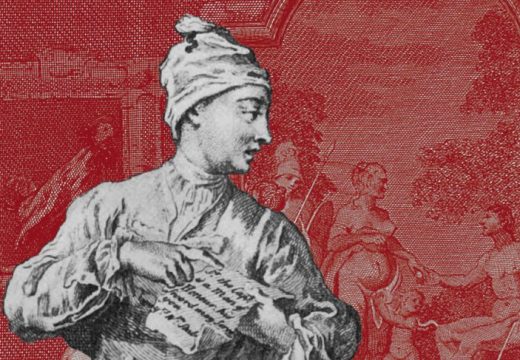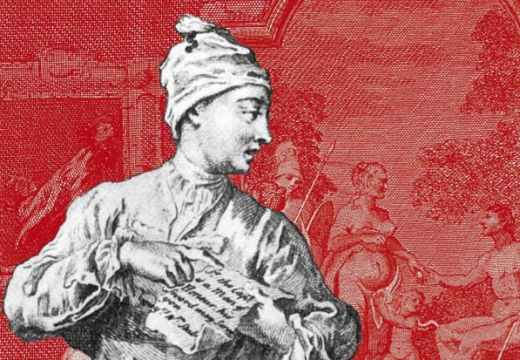Introducing Rakewell, Apollo’s wandering eye on the art world. Look out for regular posts taking a rakish perspective on art and museum stories.
To Paris, where memories of the May 1968 student uprising are causing quite a stir. At Nanterre University in the west of the city, where the riots broke out 50 years ago, the powers that be have organised a year-long programme of events to commemorate the protests that brought France to a standstill and almost caused the fall of the Gaullist government.
Alongside an exhibition and a series of talks and debates, the university has commissioned eight street artists to produce May ’68-themed works around the campus based on masterpieces from the Louvre. One is a large-scale fresco by the Franco-Congolese street artist Kouka, which covers the entire wall of a faculty building. The work depicts the head of the Venus de Milo, alongside a phrase from Dostoevky’s The Idiot: ‘La Beauté sauvera le monde’ (beauty will save the world).
Alas, it seems not everyone agrees with Kouka’s sentiment. True to form, the students of Nanterre are still kicking out against the authorities, and after an ‘occupation’ prevented the institution’s more studious pupils from getting to class, university president Jean-François Balaudé found himself with no choice but to call in the riot police last week.
Since Balaudé’s intervention, so Rakewell’s mole on campus informs him, Kouka’s work has been subject to some none-too-subtle alterations. Indeed, the mural has been plastered with slogans protesting against officially sanctioned graffiti, ranging from the political (‘Greek antiquity doesn’t belong to you!’) to the wantonly anarchic (‘There’s beauty in sabotage’). Most notably, some wag has attached a speech bubble to Venus herself, thus adding her own voice to the protest. ‘Even I’m against this commission!’, she wails.
Got a story for Rakewell? Get in touch at rakewell@apollomag.com or via @Rakewelltweets.














![Masterpiece [Re]discovery 2022. Photo: Ben Fisher Photography, courtesy of Masterpiece London](http://zephr.apollo-magazine.com/wp-content/uploads/2022/07/MPL2022_4263.jpg)
‘Like landscape, his objects seem to breathe’: Gordon Baldwin (1932–2025)